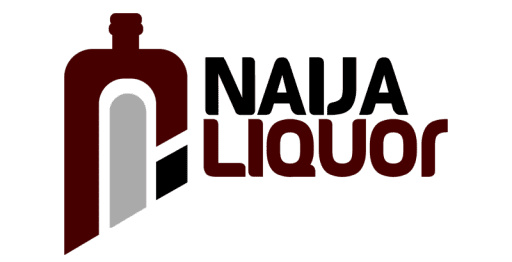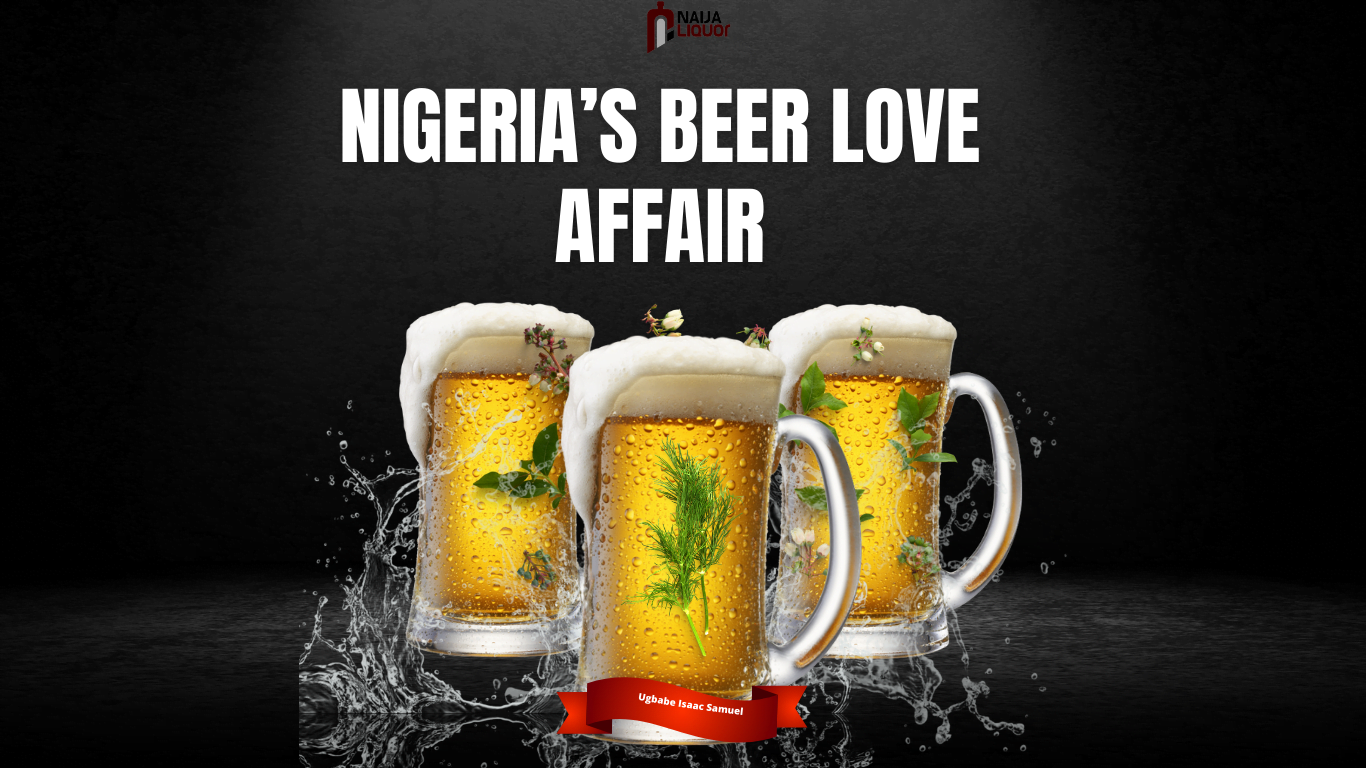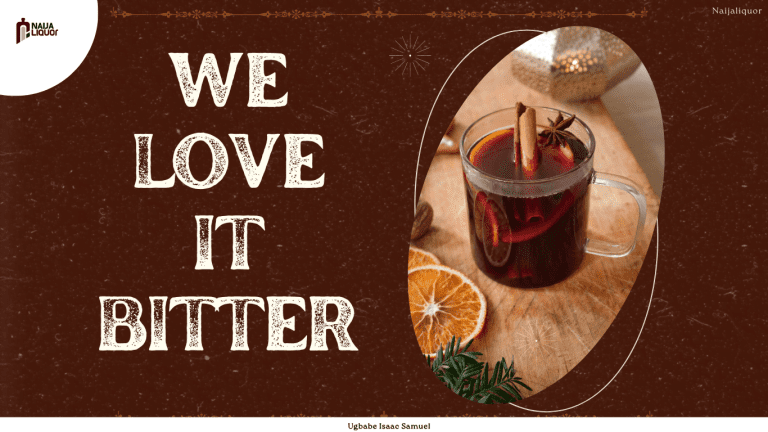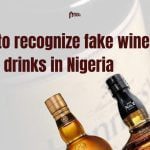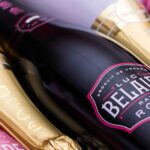Enjoy free delivery within Lagos on orders from ₦500,000 and above
In the heart of Lagos, the air is thick with the aroma of suya, jollof rice, and the unmistakable scent of beer. The clinking of glasses is a melody that accompanies nearly every celebration and family gathering. Beer is the silent observer in rural traditional gatherings and urban music festivals, in weddings and funerals, becoming an integral part of the Nigerian identity.
From the bustling markets in Aba to the serene beaches in Port Harcourt, beer brings people together. It’s a bridge between generations, as grandfathers share stories over a pint with wide-eyed grandchildren, passing down not just the drink, but the essence of Nigerian heritage.
In the bustling mosaic of Nigeria’s 200-million strong population, where cultures blend and traditions intertwine, a remarkable tale of liquid indulgence and economic prowess is being written. Nigeria’s beer consumption is a story that transcends mere numbers, painting a vivid picture of the nation’s evolving taste, economic resilience, and unyielding love for local brews.
In 2021, Nigerians guzzled down well close to two billion litres of the frothy elixir, a volume that could fill an Olympic-sized swimming pool over 738 times. The value was calculated at almost a trillion naira. Consumption dipped a bit in 2022 following a price increase to the cost of beer, but the value of beer consumed surged to over a trillion naira, marking a testament to the resilience of Nigeria’s beer industry despite the economic shifts.
At the core of this narrative lies the heartbeat of Nigeria’s economy. In 2021, the country’s budget stood tall at 13.08 trillion naira. By 2022, the budget had soared even higher, reaching a remarkable 16.39 trillion naira. Marrying both together means that what Nigerians spend to fund their beer love affair could fund a major chunk of the country’s budget. There is no better way to put what is happening at local pubs, homes, and social gatherings than this: Nigerians are in a love affair with beer.
Beyond the economics and the statistics, beer in Nigeria is a cultural phenomenon, intricately woven into the fabric of society. It’s not just a beverage; it’s a companion to celebrations, a symbol of togetherness, and a testament to the rich tapestry of Nigerian culture.
—————-
In the realm of beers, lagers stood tall as the reigning monarchs. In 2021, the value of lager consumption was a jaw-dropping 800 billion naira. This sum, equivalent to the cost of building several state-of-the-art hospitals, underscored Nigeria’s deep love for the classic, golden brew. Although the volume experienced a slight dip in 2022, the value increased to over 962 billion naira, showcasing a nation that was willing to pay a premium for its favourite drink.
The radlers, with their zesty, citrusy embrace, embarked on an exhilarating journey through Nigeria’s taste buds. In 2021, radlers worth over 13 billion naira were consumed, a testament to the nation’s evolving palate. By 2022, this number had surged to over 17 billion naira, painting a picture of a nation exploring new flavours and enjoying the adventurous ride. This increase in consumption value spoke volumes about Nigeria’s zest for experimentation.
Amidst the golden waves of lagers and the tangy bursts of radlers, stouts held their ground as the rich, dark elixirs of choice. In 2021, Nigeria indulged in stouts worth over 157 billion naira. Despite a slight volume decrease in 2022, the consumption value rose to over 192 billion naira. The nation’s fascination with these velvety brews remained unwavering, a testament to the enduring allure of stouts.
Within the diverse tapestry of flavours, flavoured beers emerged as the life of the party. In 2021, these vibrant concoctions worth over 8 billion naira captured the imaginations of many. In 2022, the flavoured fiesta exploded, with a staggering 19 billion naira worth consumed. The volume, too, witnessed a remarkable increase, painting a picture of a nation that had embraced a carnival of tastes and aromas.
Amidst the global sensations, local brews remained the heart and soul of Nigeria’s beer culture. Just over 1 billion naira worth of beers were imported in 2021, a mere drop in the ocean of the nation’s total consumption. By 2022, this love affair with local flavours had blossomed even further, with slightly over 1.1 trillion naira worth of local brews making their way into the glasses of eager enthusiasts. This phenomenon, where local production accounted for over 99.8% of annual beer consumption, was a testament to Nigeria’s deep-rooted connection with its own brewing traditions.
Local Nigerian brands etched their unique stories. Life Beer, a proud leader with a 14.41% value share in 2021, had a decline in revenue the next year, cutting off its hold on the market to just 9% in 2022. Trophy Beer, a keen competitor, emerged as the star of 2022, with a remarkable 36% revenue growth, becoming the market leader with over 15% of the market share. Hero Beer, true to its name, maintained its appeal, growing its market share to 13% in 2022.
As with every love story, there are always goodbyes, a sad but inevitable part of every story as remarkable as this.As other brands fought for dominance, the curtains closed for Harp Beer which, after getting a mere 0.02% market share in 2021, decided it was time to take its final bow in 2022, gracefully stepping out of the market it had once graced.
By the end of 2023, major stakeholders will sit together, and amidst animated discussions, they’ll dissect the spoils of victory—who seized the crown and who dared to challenge the status quo. With an indomitable spirit, they’ll exchange tales of battles fought and alliances forged, celebrating not just the tangible gains but also the invaluable lessons learned. And in this exhilarating exchange of strategies and stories, the stage will be set for yet another spellbinding journey.
